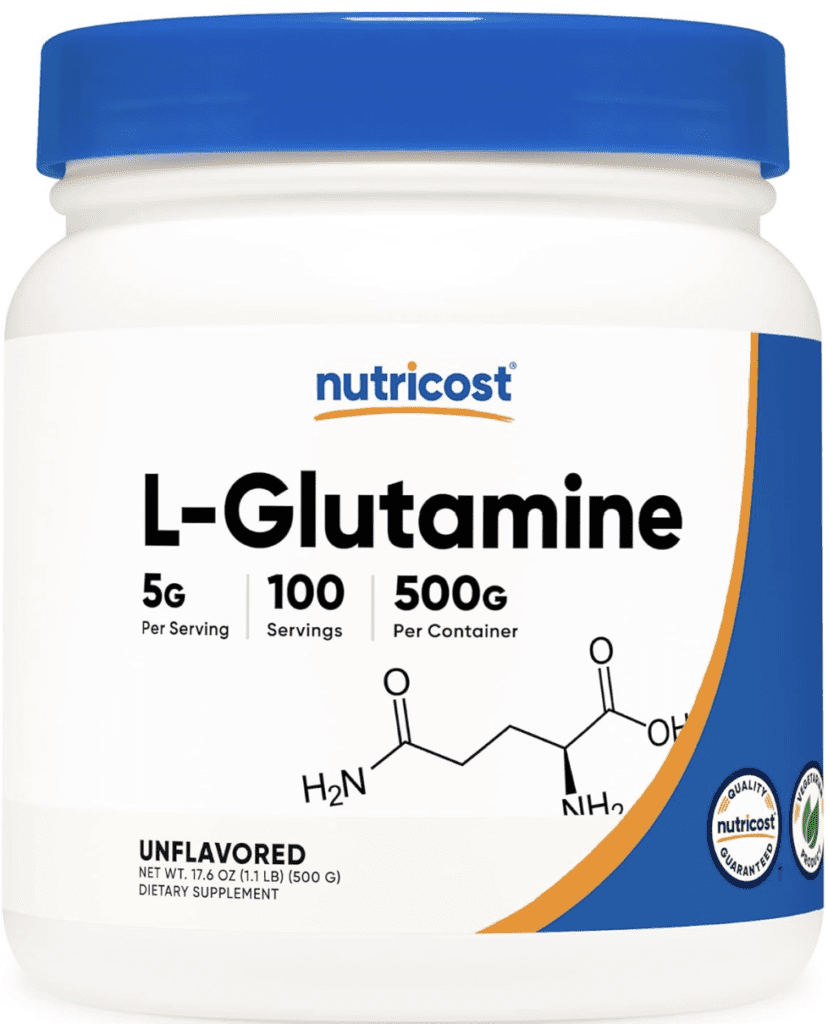Glutamine Plays A Crucial Role In Protein Synthesis
Glutamine: The Unsung Hero of Protein Synthesis
Alright, muscle mavens and health enthusiasts, let’s shine the spotlight on an amino acid that doesn’t always get the glory it deserves: glutamine. This powerhouse plays a crucial role in protein synthesis, and if you’re serious about your fitness and recovery game, it’s time to give glutamine the attention it deserves.
The Role of Glutamine in Protein Synthesis
Think of glutamine as the trusty sidekick to your main superhero—protein. While protein gets all the fame for muscle growth, glutamine is working behind the scenes to make it all possible.
- Building Blocks: Glutamine is one of the most abundant amino acids in your muscles. It’s a key player in the construction crew, helping to build and repair muscle tissue. Without enough glutamine, your muscles would be like a construction site without enough workers—progress would be slow and inefficient.
- Nitrogen Shuttle: Glutamine acts as a nitrogen transporter. It moves nitrogen between tissues, which is essential for maintaining a positive nitrogen balance—a critical factor for muscle growth and recovery.
- Cell Volume and Hydration: Glutamine helps maintain cell volume and hydration, ensuring your muscles stay full and plump. This is not just about looking good; hydrated cells are more efficient at carrying out metabolic processes, including protein synthesis.
Benefits Beyond Muscle Growth
But wait, there’s more! Glutamine isn’t just a one-trick pony. Its benefits extend beyond muscle growth and repair:
- Immune Support: Intense workouts can take a toll on your immune system. Glutamine supports immune function, helping you stay healthy and avoid those pesky gym colds.
- Gut Health: Your gut loves glutamine. It’s a primary fuel source for the cells lining your intestines, promoting a healthy digestive tract. A happy gut means better nutrient absorption and overall health.
- Stress Recovery: Physical stress (like intense training) depletes glutamine levels. Supplementing with glutamine can help speed up recovery and get you back in the gym faster.
How to Get Your Glutamine Fix
So, how do you ensure you’re getting enough of this muscle-building marvel? Here are some tips:
- Whole Foods: Glutamine is found in high-protein foods like beef, chicken, fish, eggs, dairy products, and beans. Eating a balanced diet rich in these foods will help keep your glutamine levels topped up.
- Supplements: For those who train hard and need an extra boost, glutamine supplements are available. Powders and capsules can be an easy way to ensure you’re meeting your needs, especially post-workout when your muscles are crying out for it.
- Timing: The best time to take glutamine is after your workout and before bed. This is when your body is in repair mode and can utilize glutamine most effectively.
Pro Tips for Using Glutamine
- Start Slow: If you’re new to glutamine supplements, start with a smaller dose to see how your body responds. Gradually increase as needed.
- Mix It Up: Glutamine powders can be mixed into your protein shake or even plain water. They’re usually flavorless, so you won’t even notice they’re there.
- Consistency is Key: Like with most supplements, consistency matters. Make glutamine a regular part of your supplement routine to reap the full benefits.
The Bottom Line
Glutamine might not have the star power of protein, but it’s an essential part of the muscle-building equation. By playing a crucial role in protein synthesis, immune support, gut health, and recovery, glutamine ensures you’re always ready to tackle your next workout with gusto.
So next time you’re planning your nutrition and supplement strategy, don’t overlook this unsung hero. Give glutamine the respect it deserves and watch your gains soar.
Now go forth, fuel your muscles, and let glutamine work its magic. Your body will thank you, and those gains will be well worth it!

